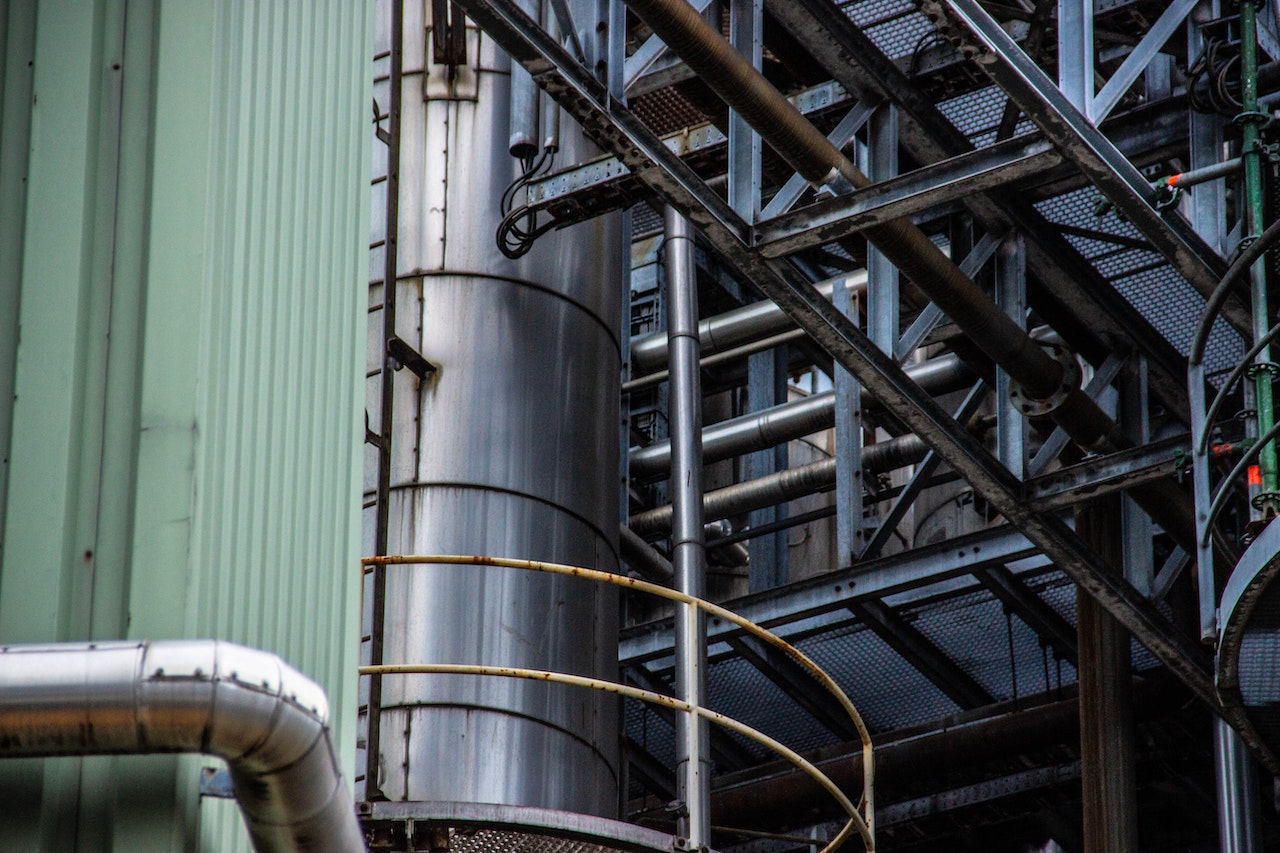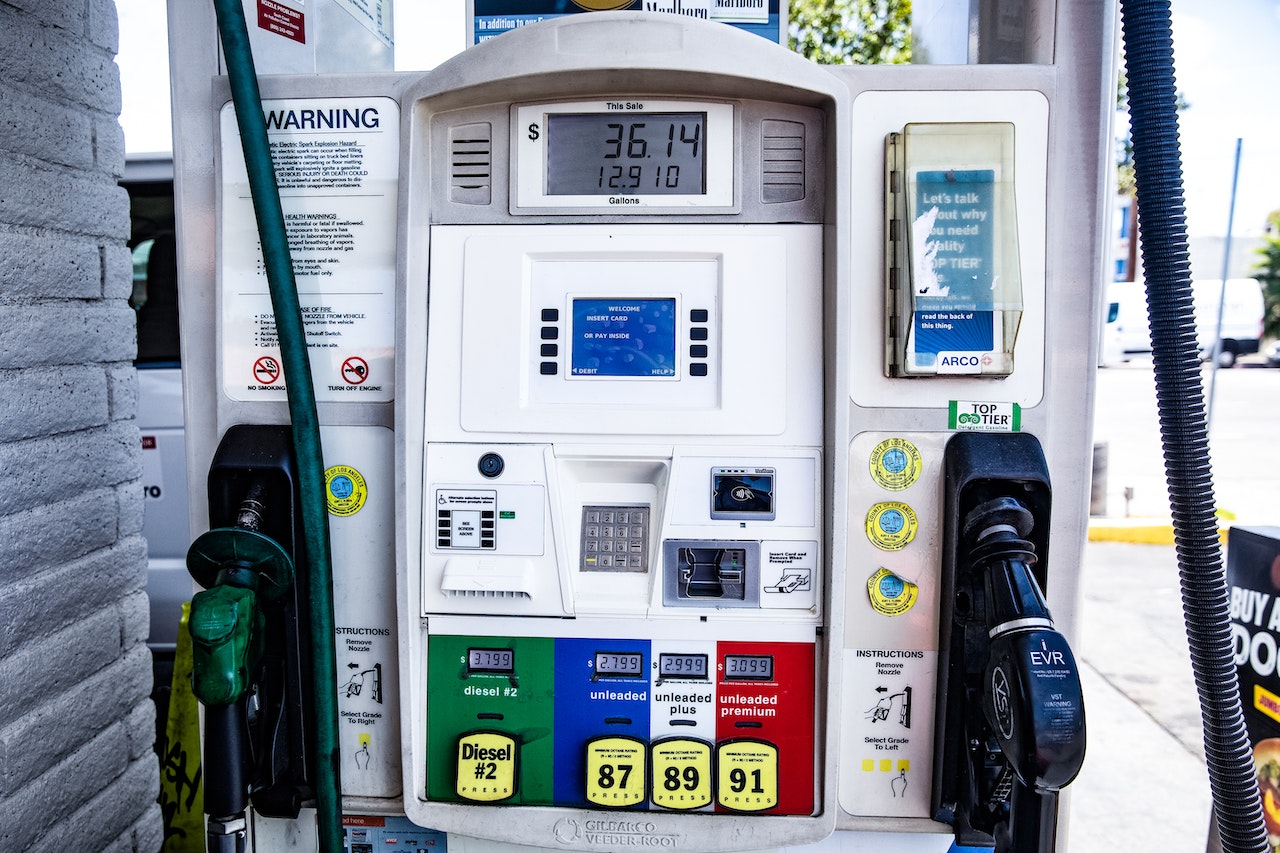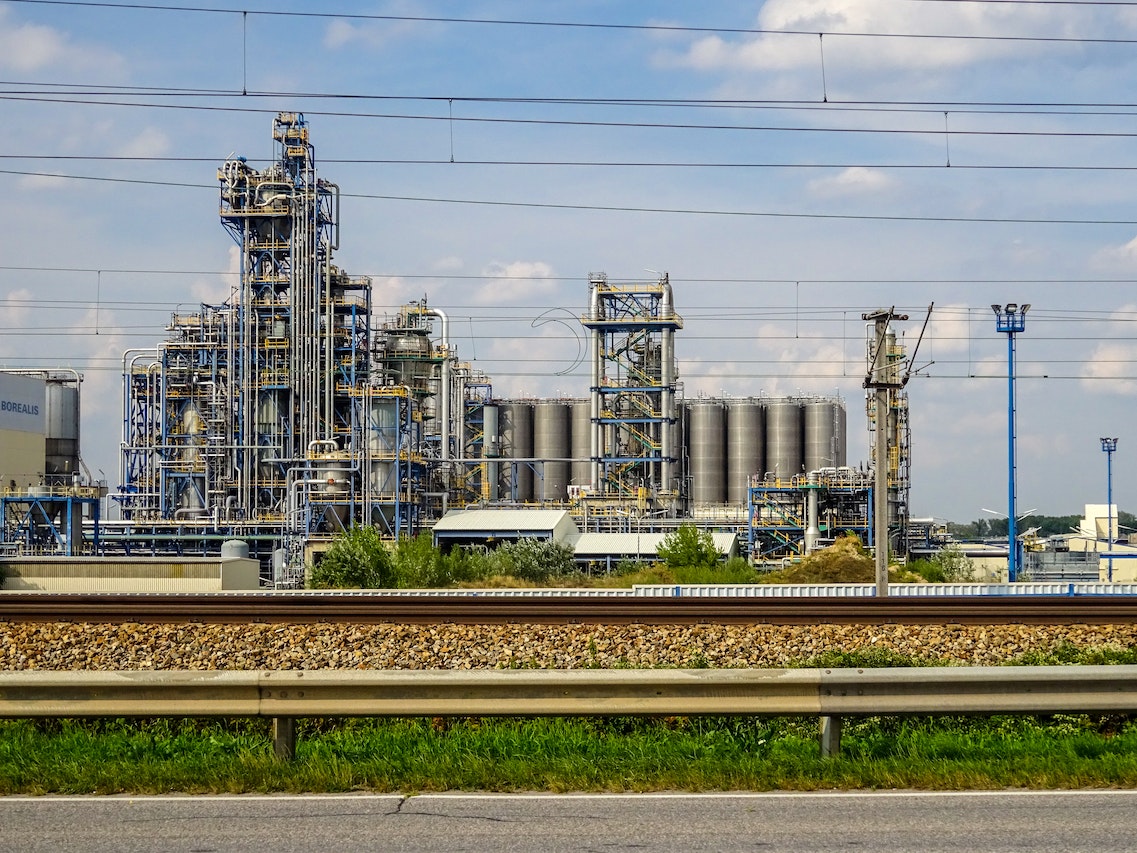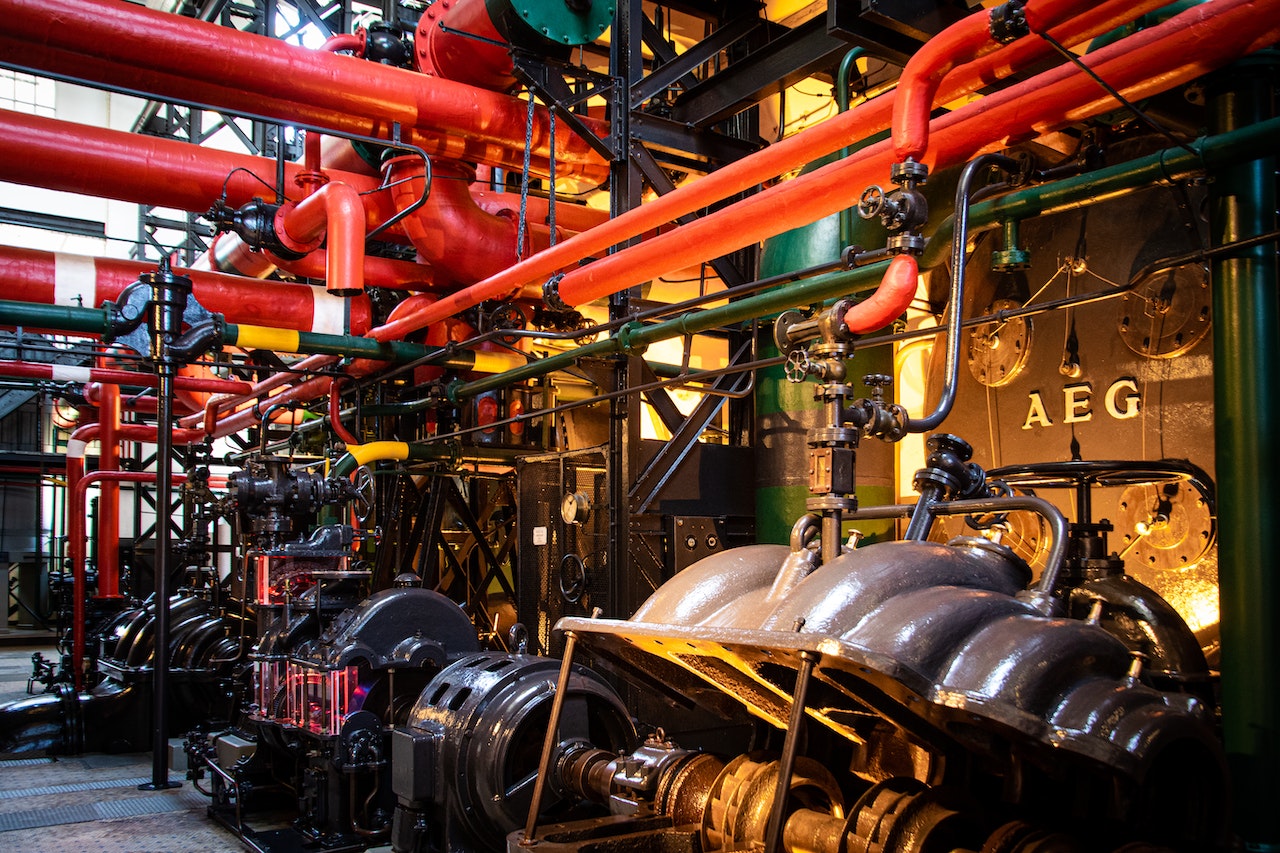The Evolution of Renewable Diesel
The Evolution of Renewable Diesel

Renewable diesel has emerged as a groundbreaking solution in the quest for sustainable energy alternatives. With its ability to significantly reduce greenhouse gas emissions and improve air quality, renewable diesel is playing a crucial role in the transition to a cleaner and more sustainable future. In this article, we delve into the history of renewable diesel, exploring its origins, milestones, and the remarkable progress that has propelled it into the forefront of renewable fuels.
Early Beginnings
The roots of renewable diesel can be traced back to the 1970s, when concerns about rising oil prices and environmental pollution led to a surge in research and development efforts for alternative fuels. During this time, the concept of using biomass feedstocks to produce liquid fuels gained traction, laying the groundwork for renewable diesel’s eventual development.
Emergence of Biodiesel
In the 1990s, biodiesel emerged as a significant player in the renewable fuel landscape. Biodiesel, derived from vegetable oils and animal fats, offered a renewable and cleaner-burning fuel option. However, it had some limitations, such as compatibility issues with existing infrastructure and cold weather performance.
The Birth of Renewable Diesel:
Renewable diesel, also known as green diesel or hydrotreated vegetable oil (HVO), marked a significant advancement in renewable fuel technology. In the early 2000s, companies began to explore hydrotreating, a process that removes impurities from feedstocks such as vegetable oils and animal fats. This hydroprocessing technique allowed for the production of a high-quality, drop-in diesel fuel that could be used in existing diesel engines without any modifications.
Advancements in Production:
Over the years, advancements in production methods have significantly improved the efficiency and scalability of renewable diesel. New technologies, such as bio-refining and hydrothermal liquefaction, have emerged, enabling the utilization of a broader range of feedstocks, including algae, woody biomass, and municipal waste. These innovations have expanded the availability and sustainability of renewable diesel, making it a versatile and environmentally friendly fuel option.
Government Support and Policies:
The growth of renewable diesel has been facilitated by supportive government policies and incentives. Many countries have implemented renewable fuel standards, carbon pricing mechanisms, and tax incentives to encourage the production and adoption of renewable diesel. These measures have created a favorable environment for investment and expansion, further propelling the growth of the renewable diesel industry.
Environmental Benefits: One of the key driving forces behind the adoption of renewable diesel is its remarkable environmental benefits. Compared to conventional diesel, renewable diesel can reduce greenhouse gas emissions by up to 85%. Additionally, it offers significant reductions in particulate matter, nitrogen oxide, and other harmful pollutants, contributing to improved air quality and public health.
Future Outlook:
The future of renewable diesel looks promising as the demand for cleaner and sustainable fuel options continues to rise. Ongoing research and development efforts are focused on optimizing production processes, exploring new feedstocks, and enhancing the overall efficiency of renewable diesel. As technology advances and economies of scale are achieved, renewable diesel is expected to become even more cost-competitive and widely accessible.
The history of renewable diesel is a testament to human innovation and the commitment to finding sustainable energy solutions. From its early beginnings to the significant advancements in production and environmental benefits, renewable diesel has proven to be a game-changer in the renewable fuel landscape. As we move towards a greener future, renewable diesel will play a vital role in reducing carbon emissions, improving air quality, and driving the transition to a more sustainable energy future.









